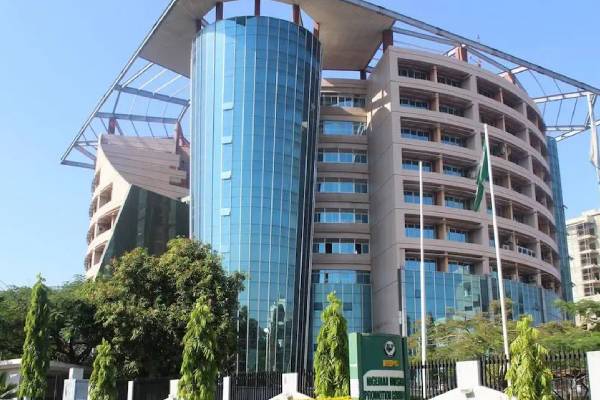The Nigerian Communications Commission (NCC) has reaffirmed its commitment to fully implementing President Bola Ahmed Tinubu’s Executive Order on Critical National Information Infrastructure (CNII), which recognises telecommunications facilities as vital national assets requiring maximum protection.
This follows a successful mediation by the Office of the National Security Adviser (ONSA), in collaboration with NCC, that led to the suspension of a planned strike by the Natural Oil and Gas Suppliers Association of Nigeria (NOGASA).
The action, if carried out, would have disrupted diesel supply to telecom sites nationwide, threatening uninterrupted connectivity.
The NSA, Mallam Nuhu Ribadu, engaged NOGASA leaders in strategic talks, with NCC providing technical and regulatory input to underscore the impact such a disruption would have on national security, the economy, and daily life. These discussions resulted in an agreement to call off the strike, averting potential nationwide network outages.
“Telecommunications infrastructure is the backbone of our connectivity and digital economy. Any form of disruption—whether from vandalism, theft, restricted access, or interrupted fuel supply—has serious consequences,” the NSA said.
NCC’s Executive Vice Chairman, Dr. Aminu Maida, praised ONSA’s leadership and the stakeholders’ cooperation, stressing that the Commission will continue enforcing technical standards, promoting awareness, and fostering collaboration to protect telecom facilities.
The NCC called on all Nigerians to treat telecommunications infrastructure as a shared national resource, essential for communication, business, healthcare, education, and participation in the digital economy. The Commission pledged to keep working with security agencies, industry players, and the public to ensure the sector’s resilience and reliability.





